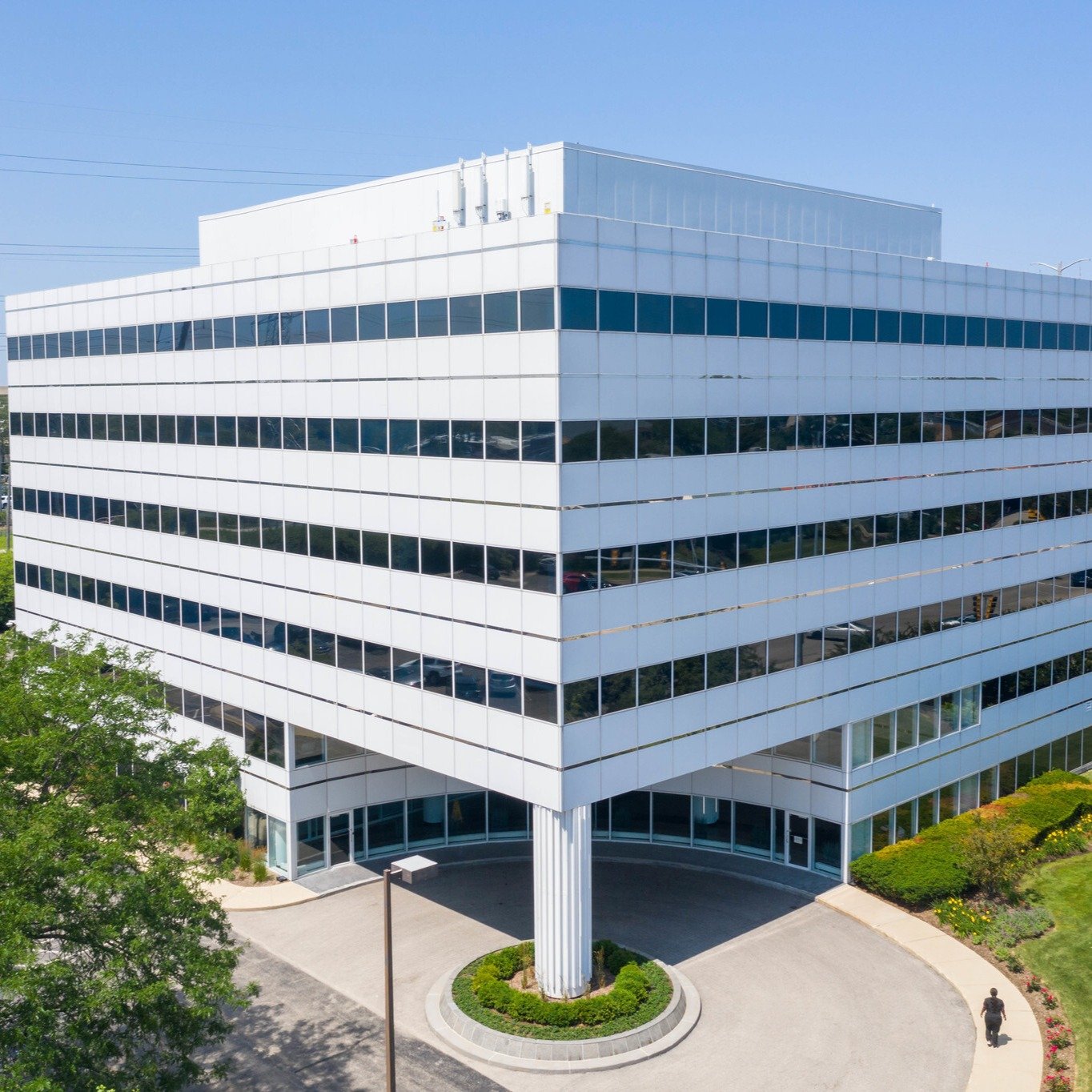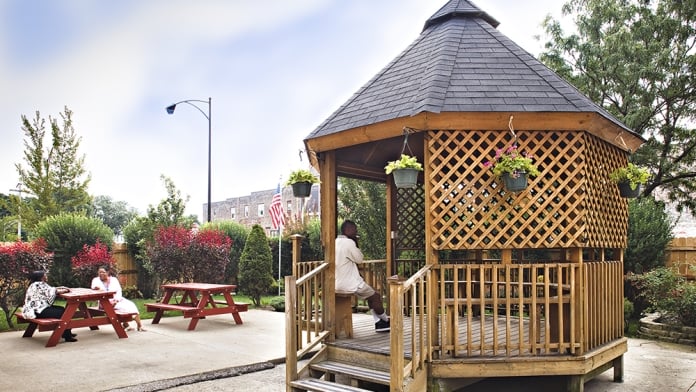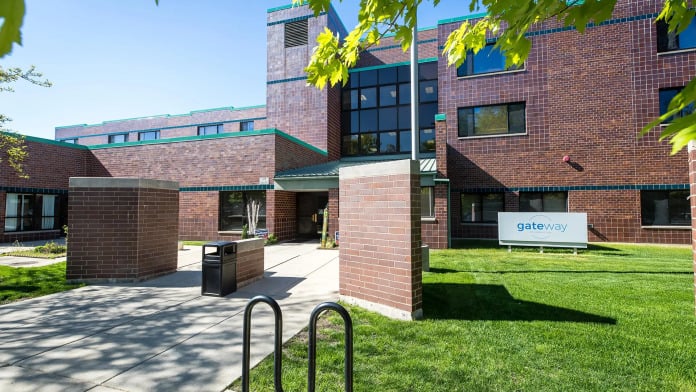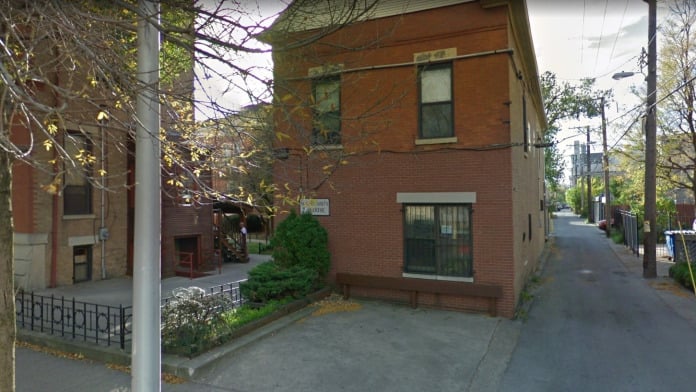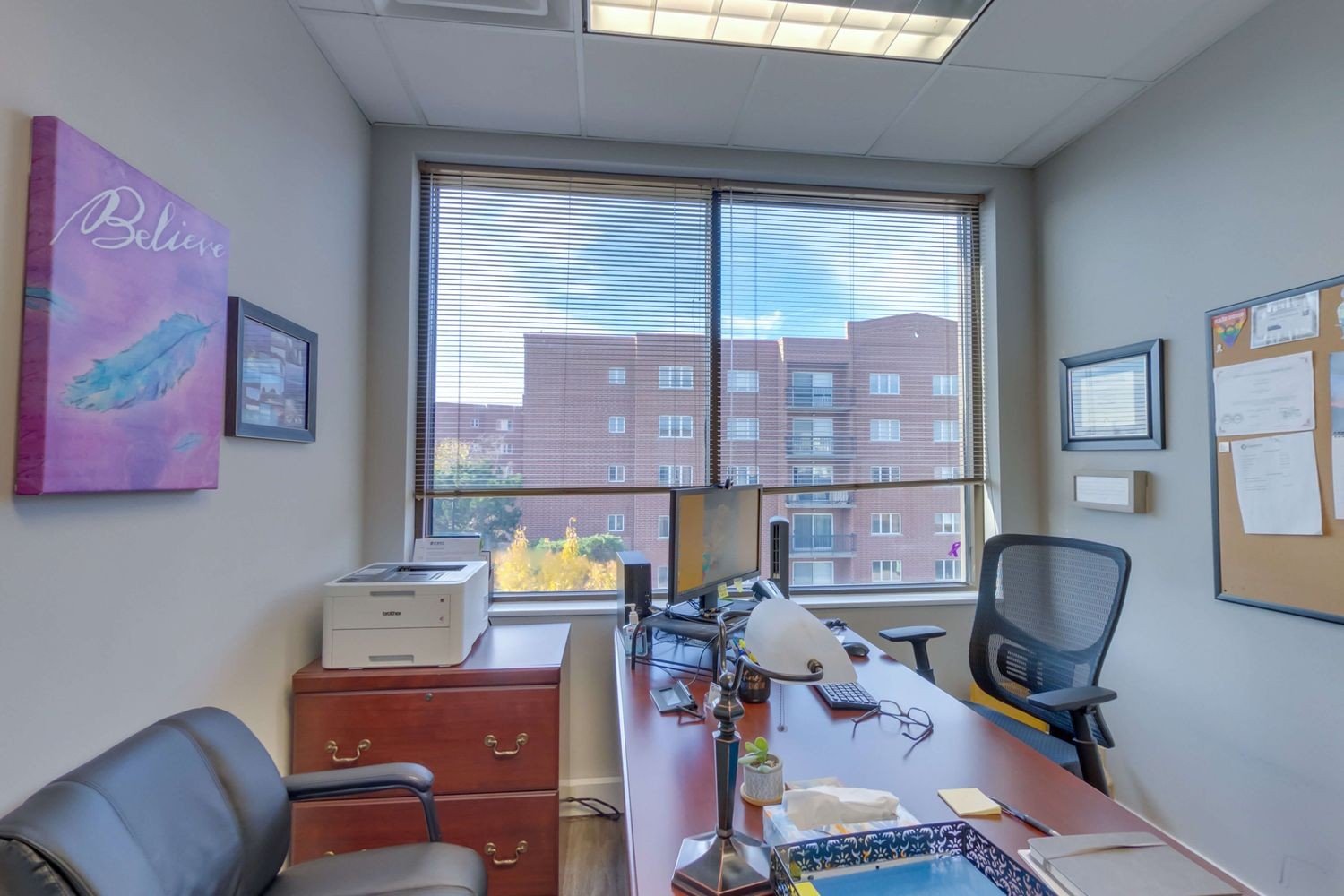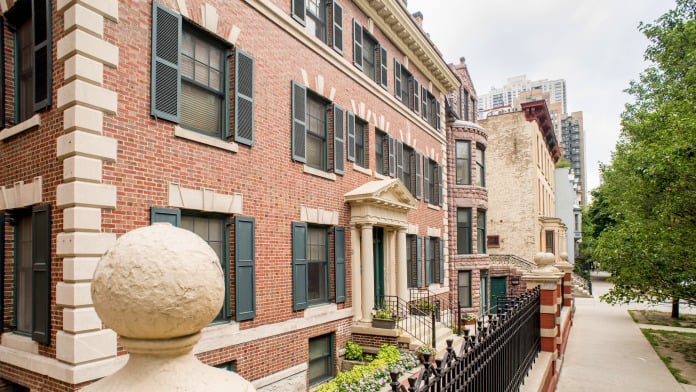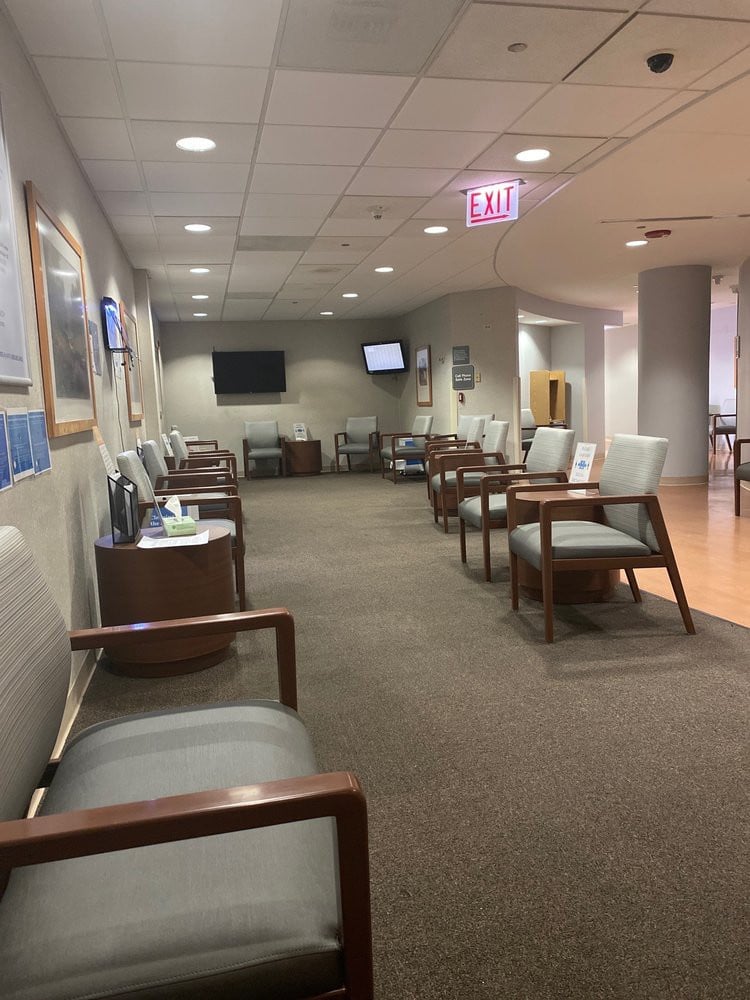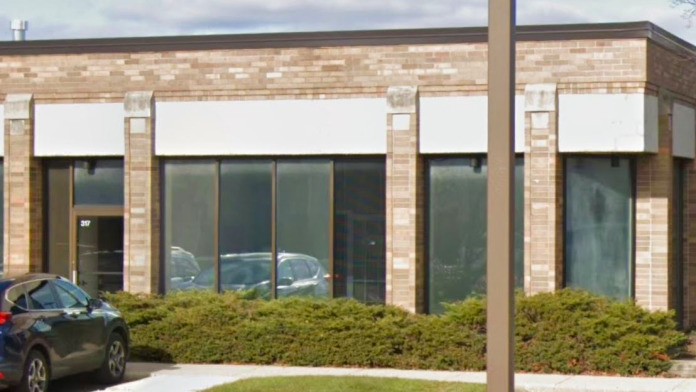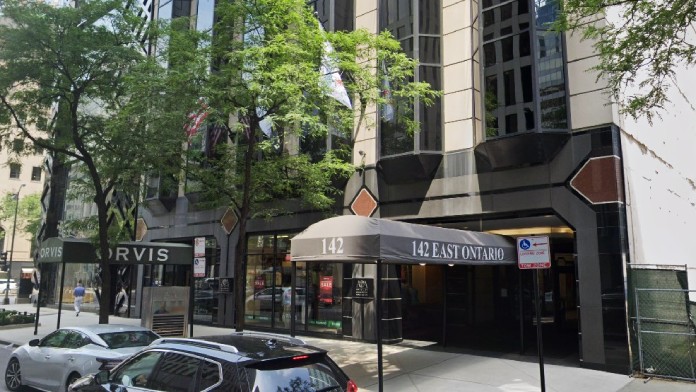The intake coordinator and the consultant are the best, they helped me figure out which program was more suitable for me and was going to give me more benefit. The environment here is friendly and supportive and I love that about New Hope. The staff is super nice and the tre ...
About New Hope Recovery Center
New Hope Recovery Center is an alcohol and drug rehab facility in Chicago, Illinois, that treats adult men and women aged 18 and older. They offer residential, outpatient and aftercare addiction treatment. They also partner with the nearby Lincoln Park Hospital to provide medically supervised detox. Their multidisciplinary staff consists of doctors, addiction counselors, licensed clinical social workers, a family therapist and a psychiatrist who provide comprehensive care that attends to clients’ physical, emotional, psychological, spiritual and social needs.
LGBTQIA+ Specific Services
One of New Hope Recovery’s outstanding features is their specialized program New Hope With Pride that caters specifically to LGBTQIA+ individuals. This program addresses the various gender and sexuality challenges that can factor into substance use and dependence. This facility aims to provide an inclusive, welcoming environment where everyone feels safe and understood.
Spiritually Centered Recovery
Many drug and alcohol rehabilitation programs are affiliated with particular religious orders or belief systems. New Hope Recovery Center is nonreligious, but like institutions such as Alcoholics Anonymous and Narcotics Anonymous they emphasize spirituality in their treatment philosophy and protocol. Research has repeatedly shown that spiritual practices which can include meditation and mindfulness, contemplative reading or worship services can be highly beneficial for people with addiction. These practices can cultivate accountability, purpose, hope, gratitude, compassion and resilience.
Family Support Programs
Another of New Hope Recovery Center’s notable features is their family programming. Addiction frequently impacts loved ones as much as the person who is experiencing addiction, and all members of the family may need support to recuperate and repair relationships. Family therapy and support groups can help those whose loved ones struggle with substance use to better understand the disease and heal their wounds. This is crucial for people with substance use disorder since having a strong support network is vital for sustainable recovery.
Rehab Score
Gallery
Accepted Insurance
Other Forms of Payment
Private insurance refers to any kind of healthcare coverage that isn't from the state or federal government. This includes individual and family plans offered by an employer or purchased from the Insurance Marketplace. Every plan will have different requirements and out of pocket costs so be sure to get the full details before you start treatment.
Self-pay involves paying for treatment out of your own pocket. You can use savings or credit, get a personal loan, or receive help from family and friends to fund your treatment. If you don't have insurance or your insurance plan doesn't cover a specific program, self-pay can help ensure you still get the care you need.
Addiction Treatments
Levels of Care
 Outpatient
Outpatient
 Medically Assisted Detox
Medically Assisted Detox
 Intensive Outpatient
Intensive Outpatient
 Inpatient
Inpatient
 Intervention Services
Intervention Services
 12-Step
12-Step
 Aftercare Support
Aftercare Support
 Sober Living Homes
Sober Living Homes
 Partial Hospitalization Program
Partial Hospitalization Program
Treatments
The goal of treatment for alcoholism is abstinence. Those with poor social support, poor motivation, or psychiatric disorders tend to relapse within a few years of treatment. For these people, success is measured by longer periods of abstinence, reduced use of alcohol, better health, and improved social functioning. Recovery and Maintenance are usually based on 12 step programs and AA meetings.
Drug rehab in Illinois is designed to help people recover from addiction to a number of substances. The length of each program and its intensity tend to vary, and the plan of care is based on your individual needs.
New Hope Recovery Center utilizes the disease model in treating drug addiction. They believe that addictions are treatable conditions much like any other life threatening illness. Each client at New Hope Recovery Center is treated from a client-centered, holistic perspective that recognizes the unique needs of the individual – mind, body and spirit. This is accomplished through customized treatment plans utilizing input from both clients and their family members.
Opioid rehabs specialize in supporting those recovering from opioid addiction. They treat those suffering from addiction to illegal opioids like heroin, as well as prescription drugs like oxycodone. These centers typically combine both physical as well as mental and emotional support to help stop addiction. Physical support often includes medical detox and subsequent medical support (including medication), and mental support includes in-depth therapy to address the underlying causes of addiction.
Programs

Adult Program

LGBTQ Program
Clinical Services
Cognitive Behavioral Therapy (CBT) is a therapy modality that focuses on the relationship between one's thoughts, feelings, and behaviors. It is used to establish and allow for healthy responses to thoughts and feelings (instead of unhealthy responses, like using drugs or alcohol). CBT has been proven effective for recovering addicts of all kinds, and is used to strengthen a patient's own self-awareness and ability to self-regulate. CBT allows individuals to monitor their own emotional state, become more adept at communicating with others, and manage stress without needing to engage in substance abuse.
Whether a marriage or other committed relationship, an intimate partnership is one of the most important aspects of a person's life. Drug and alcohol addiction affects both members of a couple in deep and meaningful ways, as does rehab and recovery. Couples therapy and other couples-focused treatment programs are significant parts of exploring triggers of addiction, as well as learning how to build healthy patterns to support ongoing sobriety.
Dialectical Behavior Therapy (DBT) is a modified form of Cognitive Behavioral Therapy (CBT), a treatment designed to help people understand and ultimately affect the relationship between their thoughts, feelings, and behaviors. DBT is often used for individuals who struggle with self-harm behaviors, such as self-mutilation (cutting) and suicidal thoughts, urges, or attempts. It has been proven clinically effective for those who struggle with out-of-control emotions and mental health illnesses like Borderline Personality Disorder.
Eating disorders include anorexia, bulimia, binge eating, and dysfunctional eating patterns. Many psychologists and other mental health professionals consider eating disorders to be food addictions, meaning food is being used in an addictive way (similar to drug or alcohol addiction). Certain substance abuse treatment programs will have treatment for eating disorders as one of the services offered. An eating disorder may also present as a co-occuring disorder or dual diagnosis alongside drug and alcohol addiction.
Experiential therapy is a form of therapy in which clients are encouraged to surface and work through subconscious issues by engaging in real-time experiences. Experiential therapy departs from traditional talk therapy by involving the body, and having clients engage in activities, movements, and physical and emotional expression. This can involve role-play or using props (which can include other people). Experiential therapy can help people process trauma, memories, and emotion quickly, deeply, and in a lasting fashion, leading to substantial and impactful healing.
EMDR is a therapeutic modality originally developed to help process trauma. In an EMDR session, a patient is prompted to undergo eye movements that mimic those of REM sleep. This is accomplished by watching a therapist's finger move back and forth across, or following a bar of light. The goal is repetitive sets of eye movements that help the brain reprocess memory, which can significantly reduce the intensity of remembered traumatic incidents. Associated memories can heal simultaneously, leaving patients significantly calmer, more stable, and more emotionally relaxed.
Research clearly demonstrates that recovery is far more successful and sustainable when loved ones like family members participate in rehab and substance abuse treatment. In Family Programming, family members/significant others participate in a client/family group to discuss issues relating to family relationships and ongoing recovery.
Group therapy is any therapeutic work that happens in a group (not one-on-one). There are a number of different group therapy modalities, including support groups, experiential therapy, psycho-education, and more. Group therapy involves treatment as well as processing interaction between group members.
In individual therapy, a patient meets one-on-one with a trained psychologist or counselor. Therapy is a pivotal part of effective substance abuse treatment, as it often covers root causes of addiction, including challenges faced by the patient in their social, family, and work/school life. Working with a New Hope therapist provides an accepting setting to talk openly about your thoughts, feelings and experiences. It can also help you improve communication, gain self-awareness, and implement healthy coping skills.
Motivational Interviewing (MI) is a clinical approach to helping people with substance abuse issues and other conditions shift behavior in positive ways. It is more goal-oriented than traditional psychotherapy, as MI counselors directly attempt to get clients to consider making behavioral change (rather than wait for them to come to conclusions themselves). Its primary purpose is to resolve ambivalence and help clients become able to make healthy choices freely.
Nutrition therapy, aka medical nutrition therapy (MNT), is a way of treating physical, emotional, and medical conditions through diet. The Nutrition Workshop offers nutritional education about the importance of healthy eating habits, balanced/nourishing eating, physical activity, adequate sleep and meal planning.
Trauma therapy addresses traumatic incidents from a client's past that are likely affecting their present-day experience. Trauma is often one of the primary triggers and potential causes of addiction, and can stem from child sexual abuse, domestic violence, having a parent with a mental illness, losing one or both parents at a young age, teenage or adult sexual assault, or any number of other factors. The purpose of trauma therapy is to allow a patient to process trauma and move through and past it, with the help of trained and compassionate mental health professionals.
Amenities
-
Private Setting
-
Yoga Studio
Accreditations

The Joint Commission, formerly known as JCAHO, is a nonprofit organization that accredits rehab organizations and programs. Founded in 1951, the Joint Commision's mission is to improve the quality of patient care and demonstrating the quality of patient care.
Joint Commission Accreditation: Yes
Accreditation Number: 546570

The Substance Abuse and Mental Health Services Administration (SAMHSA) is a branch of the U.S. Department of Health and Human Services. Established in 1992 by congress, SAMHSA's mission is to reduce the impact of substance abuse and mental illness on American's communities.
SAMHSA Listed: Yes

State Licenses are permits issued by government agencies that allow rehab organizations to conduct business legally within a certain geographical area. Typically, the kind of program a rehab facility offers, along with its physical location, determines which licenses are required to operate legally.
State License: Illinois
License Number: 104744
Contact Information
2835 North Sheffield Avenue
Suite 304
Chicago, IL 60657
